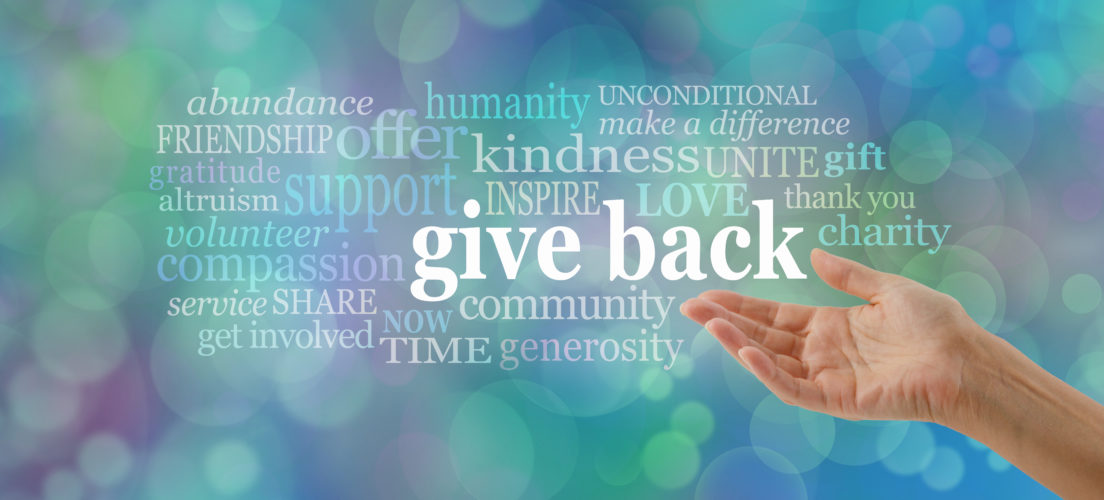
Going through a significant loss, such as that of a friend, family member, or pet, is one of the most challenging things we have to go through in our lifetimes, and can often put our mental health as well as our mental state in a vulnerable position.
With how de-stabilizing grief can be, it can significantly impact someone already struggling with an eating disorder. Without proper treatment and management, an eating disorder can quickly escalate and become dangerous to the person’s life.
In this article, we’re going to break down the different ways grief can affect someone suffering from an eating disorder, as well as how grief can lead someone to develop an eating disorder.
What is grief?
Grief is the natural reaction to loss.
It can hit us at different times. For some, the weight of loss is immediate and crushing. For others, it may take days, weeks or even months to fully sink in.
Grief affects us all differently. While one person might find themselves tossing and turning all night, another person might be sleeping constantly, unable to pull themselves out of bed.
It manifests in our lives differently. Where some people may descend into a rage and lash out at strangers and people they love, others might become numb, and detach from the world.
Despite these differences, grief is an emotion that all of us experience at one point or another. Just as death is the natural counterpart of life, so is grief to celebration.
The five stages of grief
There are five universally recognized stages of grief. However, these stages are non-linear, meaning they don’t occur in any particular order, and you might not even experience all five.
Denial
After losing a loved one, you may be hit with shock and have trouble processing what’s happening. You may struggle to accept reality. This stage of grief often serves as a subconscious way of protecting oneself from the pain. However, remaining in denial for too long can further exacerbate the inevitable pain and inhibit the healing process.
Anger
It’s natural for powerful emotions to swell up at the death of a loved one. This is particularly true when somebody passes away under sudden, confusing or inexplicable circumstances. Often, the least painful of these emotions is anger. Focusing all of their grief-ridden energy into anger allows someone to further put off facing the sad truth of what’s happened.
Bargaining
Perhaps anger has lost its fuel and is simmering down into despair as it finally begins to sink in that your loved one is truly gone. As a final desperate attempt to reject the truth, many people launch themselves into the stage of bargaining, where they might try making a deal with a spiritual entity, or obsess over “if only” fantasies.
Depression
When the full weight of grief has finally settled on your shoulders, you may experience feelings of depression. This stage might come after some time has passed and friends and family have stopped checking on you, the last person has called with condolences, you’ve received the last delivery of flowers or sympathy cards. Your loved one has moved on from this life, and your reality has permanently changed. The crushing weight of the grief leaves you sitting in a depth of sadness you didn’t know existed. You feel lost.
Acceptance
When you reach acceptance, you’re starting to make peace with what has happened, no matter the circumstance. You realize that while you’ll always miss your loved one, you want to cherish and celebrate their memory, not just mourn their absence. Though many people shift in and out of the other stages for a while, once someone has made it to the acceptance stage, their healing has truly begun.
Grief and eating disorders
In one way or another, all the stages of grief revolve around the pain of realizing we cannot control what has happened.
When we feel out of control in our lives, we might turn to the one thing we can control: what and how much we eat. Each stage of grief can negatively affect someone struggling with an eating disorder, and it can happen in different ways.
It’s common for people to experience a lack of appetite after experiencing a trauma like losing a loved one. For someone who is already engaging in restrictive eating behaviors, this can be dangerous.
In addition, the bargaining stage of grief is often accompanied with obsessive thoughts, as well as intense wishing, divine bargaining or a hyper-focus on finding a divine-sent sign. Some individuals with eating disorders might experience an uptick in binging behaviors during this stage.
The onset of an eating disorder may also develop as a result of grief. Focusing on your body image and the food you are or aren’t eating can serve as a distraction from the grieving process, a way to put off the pain of acceptance a little bit longer.
Reach out for help
When you’re just trying to survive each day in the face of grief, managing your mental health and an eating disorder on top of it all can seem impossible, but it’s not — we’re here to help.
If you or someone you love is struggling with grief or an eating disorder (or both), reach out to us here at Seeds of Hope, and we’ll walk you through your next steps.


